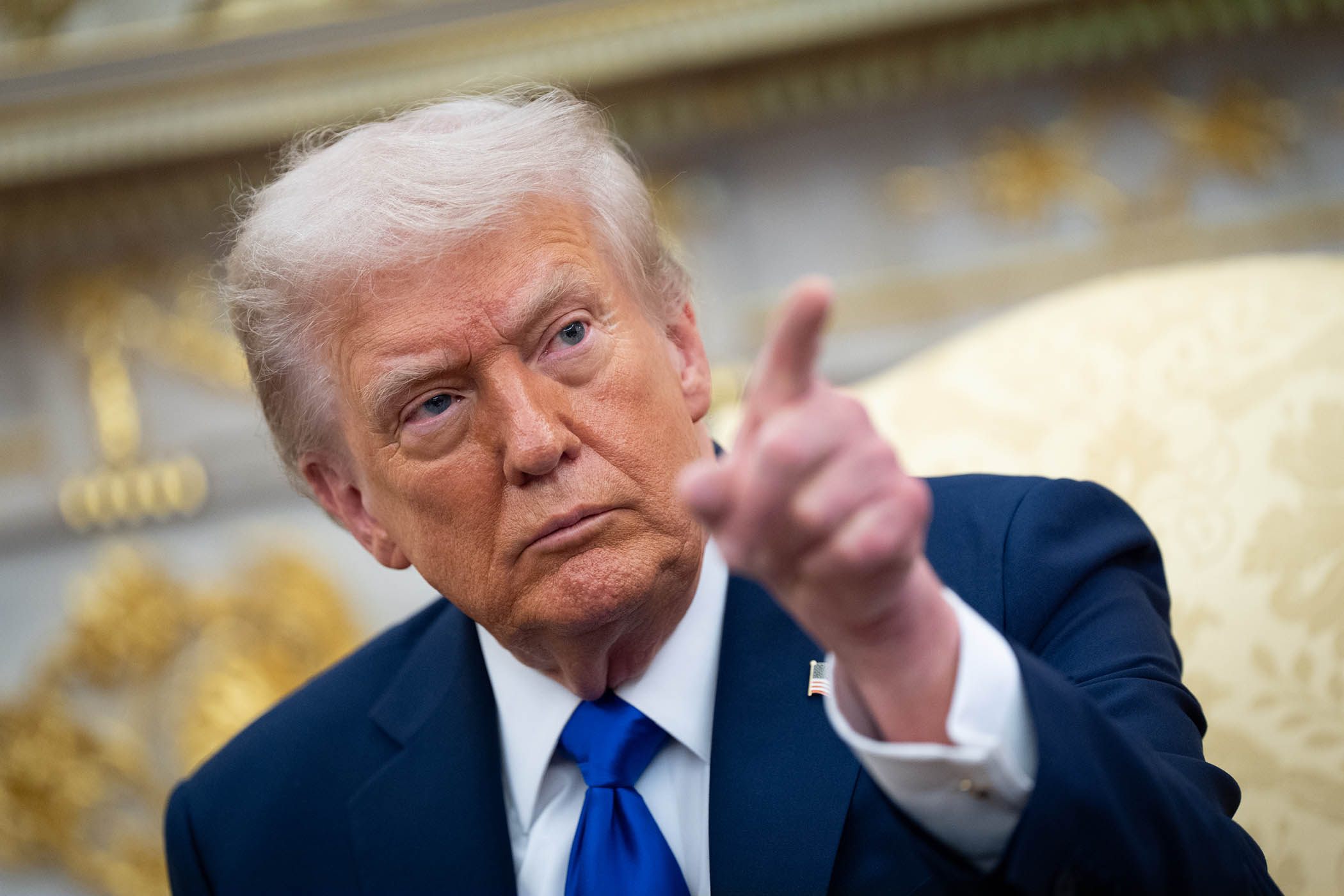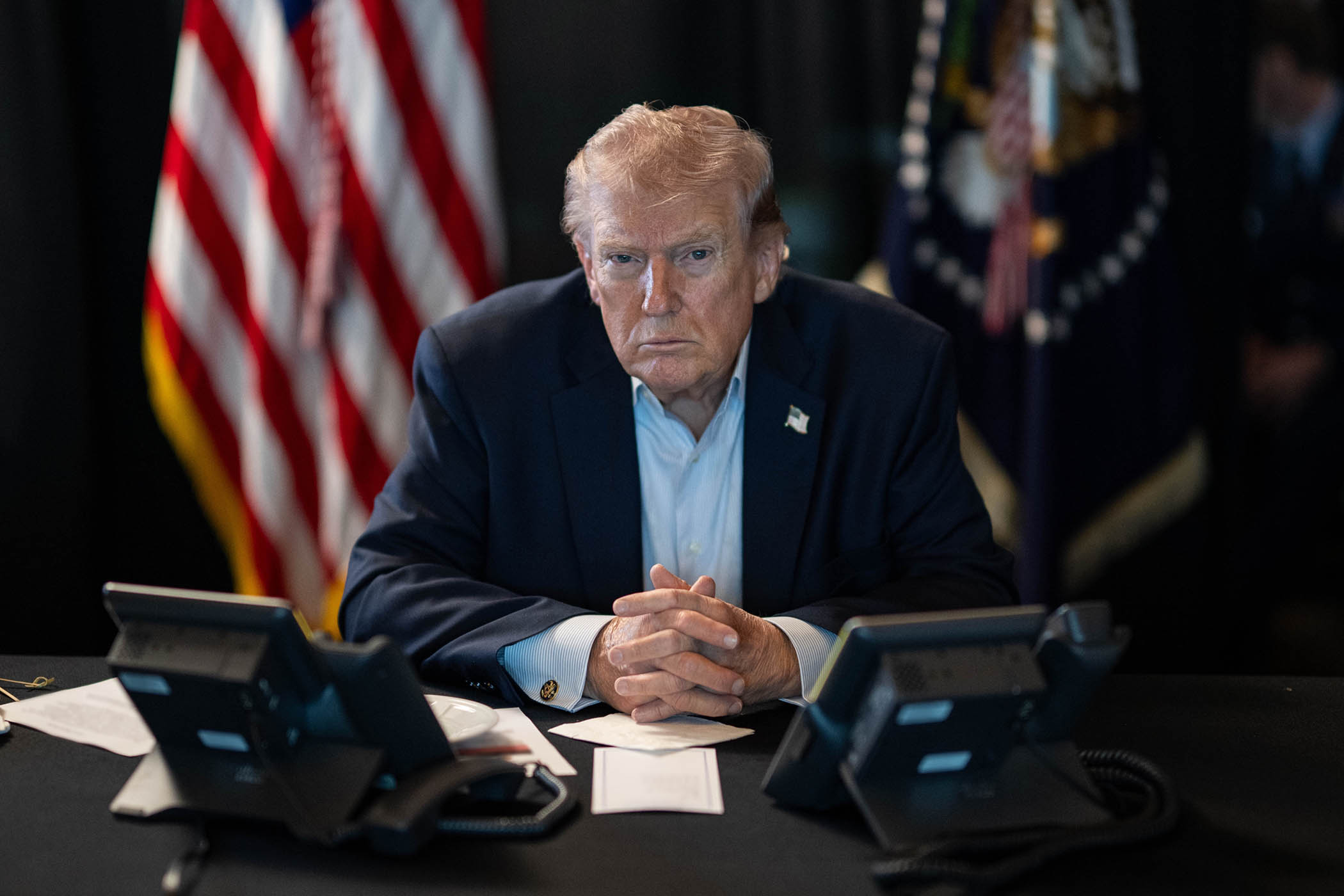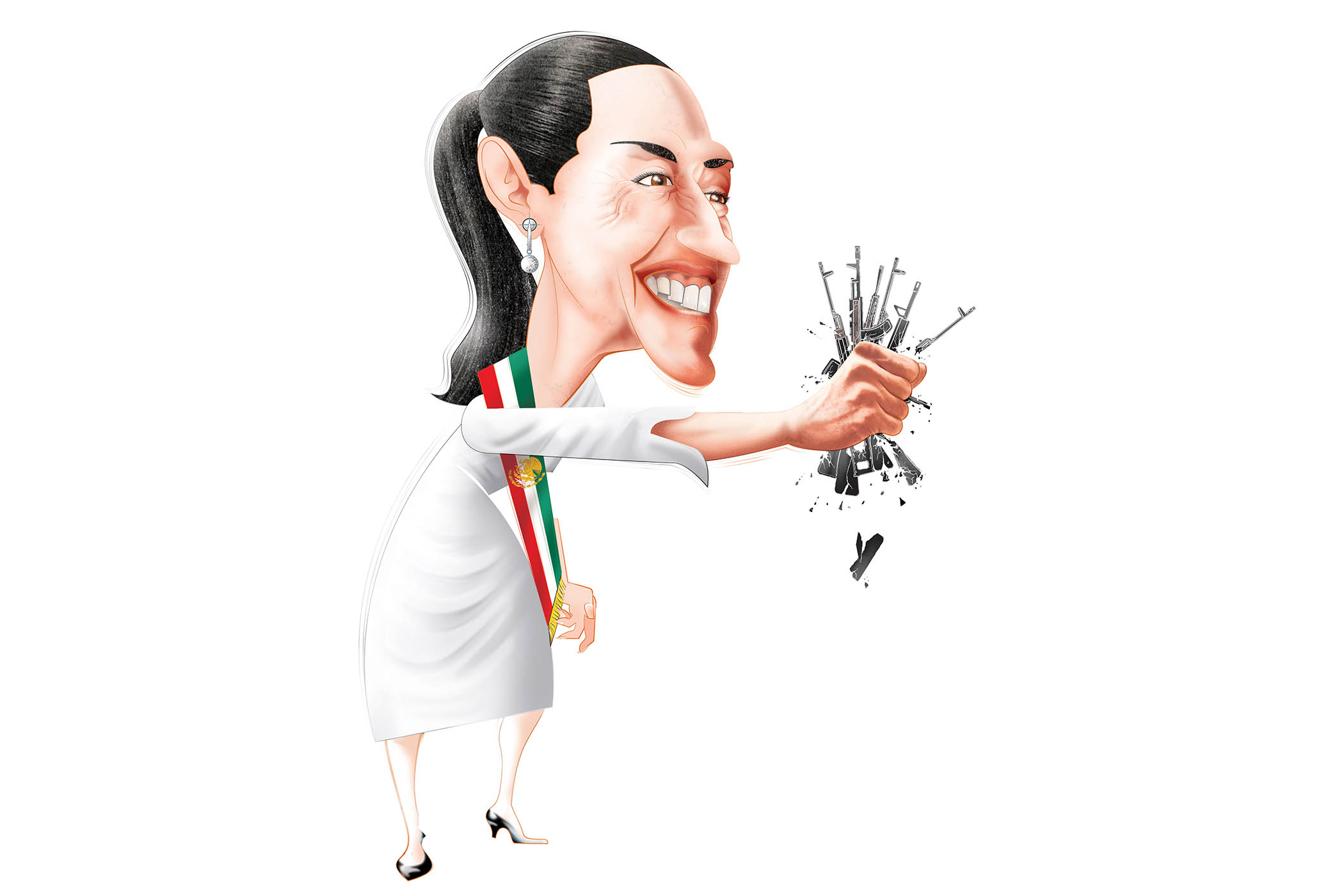For most of the postwar years, America has been the rock upon which democracy prospered. Its influence was overwhelmingly benign when President Truman committed to “support free people who are resisting attempted subjugation by armed minorities or by outside pressure”. So was it when, more than a decade later, President Kennedy committed to confront “the common enemies of man – tyranny, poverty, disease and war”.
The purpose behind these noble sentiments was to create a freer and safer world, in which the strong pledged their help to the weak. No price was asked for this. No deal demanded. No investment or payment expected. It was high politics in a harsh world, when to help others was not seen as a business opportunity.
This approach, it seems, is now out of fashion. Today, the United States has a less altruistic policy. The president’s ambition is to “Make America Great Again” – although it is puzzling that being the richest and most powerful nation in the world is not already seen as an indication of greatness.
In the Maga quest, the US has embraced national self-interest. Donald Trump, with the support of the world’s richest man, abruptly cut off aid to the poorest people in the world and those organisations whose role is to cure the diseases that most afflict them.
The long-term implications of this are dire. A report in the Lancet tells us that US aid alone prevented more than 4 million deaths – one third of them children – in every year of the first two decades of this century. That support has gone.
It is a harsh policy that ends such a benevolent approach despite the pain and loss it will cause. But the US is not alone in turning its face away from the human rights of the weak. Other countries, including the UK, have cut aid. I know that times are tough for us and many others, but we are not facing mass hunger, and our sick are not going without medicine or care. In reflective moments one may wonder: where is the Good Samaritan when he is most needed?
I believe that the scale of cuts to aid is wrong on practical as well as moral grounds. In due time, when more people flee poor countries for richer pastures – as they will – we may regret how little we did to keep them settled where they are.
President Trump has also imposed tariffs on imports from most of the world, in pursuit, as he cheerily puts it, of “making America richer and richer by many billions”. This not only hurts allies, some wealthy, some not, but also countries that are poor and, in some cases, very poor indeed.
Apart from filling the US Treasury coffers, the tariffs are justified by the claim that they are imposed upon countries that have allegedly been “ripping off America” for years. If that were so, they were remarkably unsuccessful given America’s economic pre-eminence.
It may be that when American consumers realise that the tariffs are raising prices in their own shops they might consider it is they who are being “ripped off”. US taxpayers please note: rising prices are a regressive tax.
Newsletters
Choose the newsletters you want to receive
View more
For information about how The Observer protects your data, read our Privacy Policy
Our flexible English language has a word for pressure imposed by the powerful on those who are weaker. We call it ‘bullying’
Our flexible English language has a word for pressure imposed by the powerful on those who are weaker. We call it ‘bullying’
I was brought up to admire America. I still do: there is much to envy. But I don’t admire its present approach. Nor should the American people. It comes at a high cost to its reputation for free trade and sensible economics.
Many countries will be bruised by the new tariffs, and resentful that they felt forced to accept them for fear of more severe impositions if they did not do so.
In what passed for “negotiation” I do wonder what negotiating power smaller nations had to deploy? Little or none is my guess. They faced a choice of submitting – or a worse deal. If nothing else, the tariffs showcased the raw power of America.
Our flexible English language has a word for pressure imposed by the powerful on those who are weaker. It is a good old word: we call it “bullying”. We may fear the bully. We may accommodate the bully. But we never forget the bullying.
There is no doubt that America is a great power. But with that power comes great responsibility about how it is used. The president needs to understand that any casual disregard of long-standing international mores risks undermining – to the point of destruction – the rules-based system of laws and behaviours that have been a shield and guardian to the world over the past 70 years.
Leaders who do not make that clear – preferably privately, but unmistakably – are betraying their responsibilities.
Allies and opponents alike are baffled by the president’s inconsistency. Such unpredictability may be a useful enforcement tactic in negotiations – as we have seen – but it carries a dangerous risk of misunderstandings and misjudgments that could be very damaging in the longer term. Trust and certainty matter in statecraft.
An extract from the inaugural Lord Lothian Memorial Lecture given to the Global Strategy Forum on 15 October, the full text of which will be published on Monday
Photograph by The Washington Post/Getty


